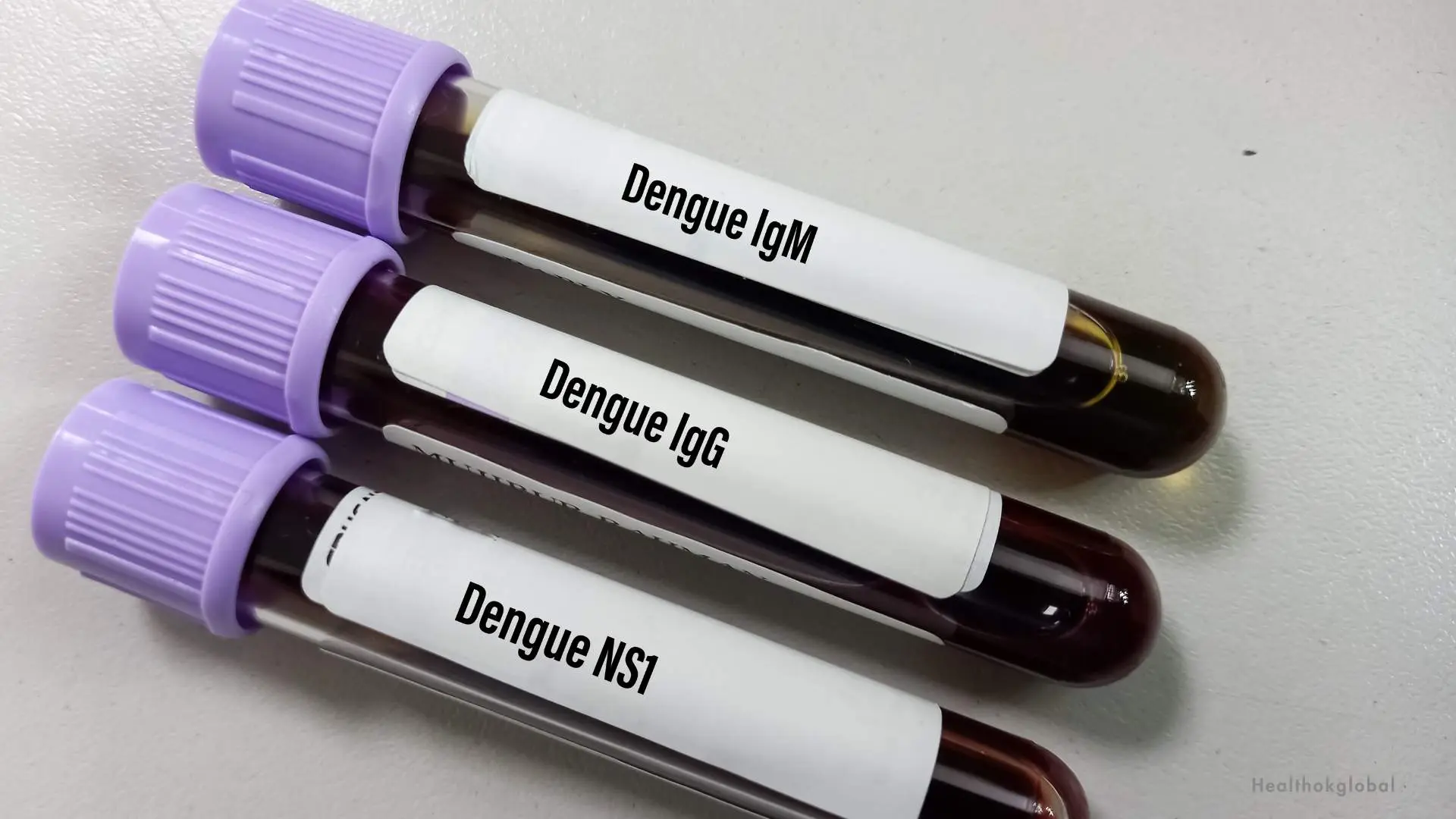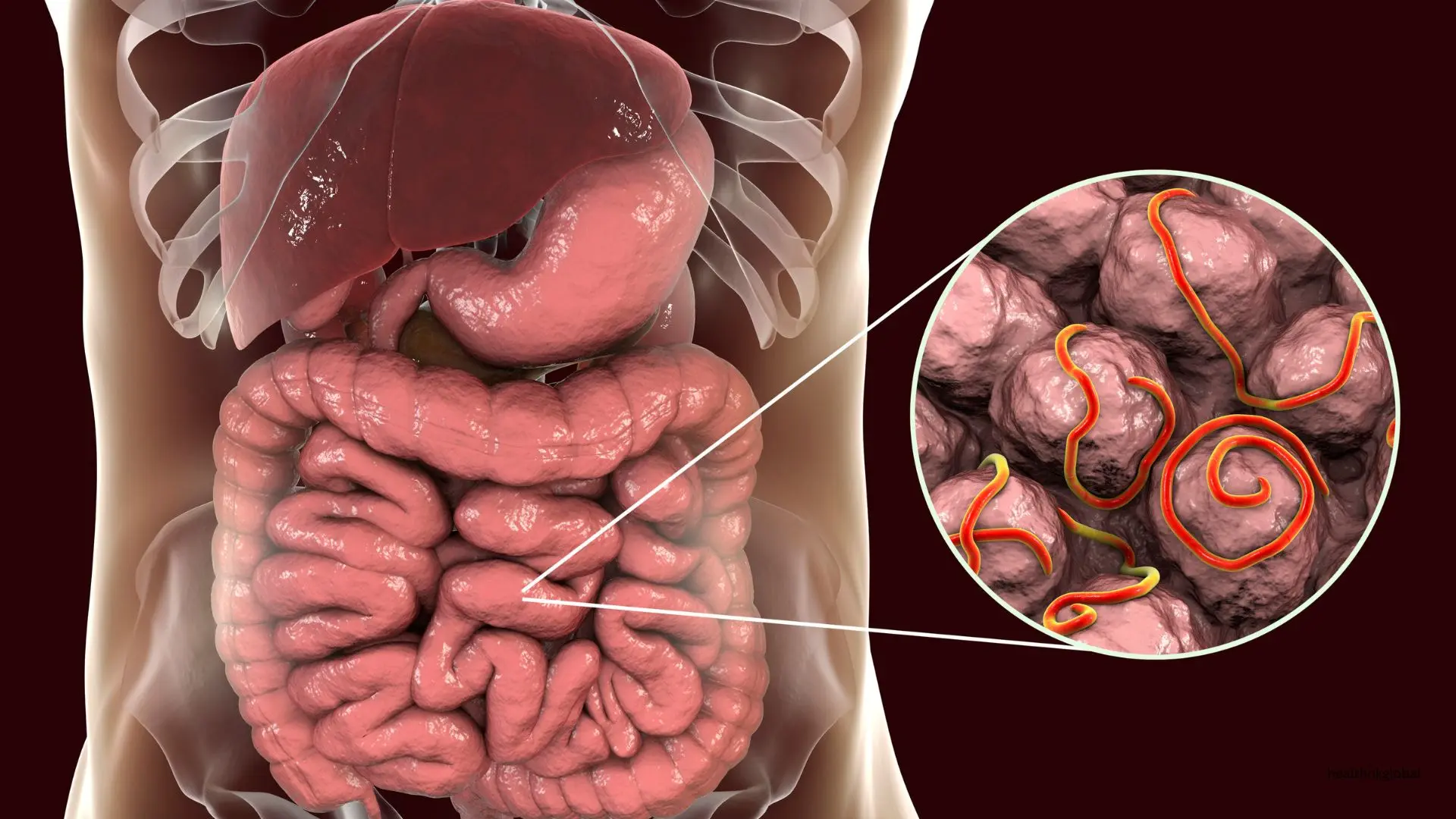The NS1 antigen test is a crucial diagnostic tool for the early detection of dengue fever, a mosquito-borne viral infection.

Blog
Understanding the NS1 Antigen Test: Importance and Procedure
The NS1 antigen test is a crucial diagnostic tool for the early detection of dengue fever, a mosquito-borne viral infection. Dengue fever can lead to severe health complications if not diagnosed and treated promptly. This article explores the importance of the NS1 antigen test, its procedure, interpretation of results, and subsequent steps for managing dengue fever.
The NS1 antigen test detects the presence of the nonstructural protein 1 (NS1) antigen in the blood, which is produced by the dengue virus. Unlike other tests that detect antibodies, the NS1 antigen test can identify the virus early in the infection, often before symptoms appear.
Early detection of dengue fever is crucial for effective management and reducing the risk of severe complications. The NS1 antigen test allows healthcare providers to diagnose dengue fever within the first few days of infection, facilitating timely intervention and treatment.
The NS1 antigen test involves a simple blood draw, which is then analyzed in a laboratory to detect the presence of the NS1 antigen. Here is a step-by-step overview of the procedure:
The patient is asked to sit or lie down comfortably. A healthcare professional cleans the area where the blood will be drawn, usually the arm.
A needle is used to draw a blood sample from a vein in the arm. The sample is collected in a vial or test tube.
The blood sample is sent to a laboratory, where it is tested for the presence of the NS1 antigen using enzyme-linked immunosorbent assay (ELISA) or rapid test kits.
Results are typically available within a few hours to a day. A positive result indicates the presence of the dengue virus, while a negative result suggests the absence of the virus.
Interpreting the results of the NS1 antigen test requires understanding the significance of positive and negative outcomes:
A positive NS1 antigen test result indicates an active dengue infection. Immediate medical attention is required to manage symptoms and prevent complications.
A negative result suggests the absence of the dengue virus. However, it is essential to consider the timing of the test, as testing too early or too late in the infection can yield false-negative results.
The NS1 antigen test offers several advantages over other diagnostic methods for dengue fever:
The test can detect the virus early in the infection, often within the first few days of symptom onset.
The NS1 antigen test is highly sensitive and specific, making it a reliable diagnostic tool for dengue fever.
Results are available quickly, allowing for prompt diagnosis and treatment.
The test involves a simple blood draw, which is less invasive and more comfortable for patients compared to other diagnostic procedures.
Despite its advantages, the NS1 antigen test has some limitations:
The test is most effective within the first 5 days of infection. Testing outside this window may yield false-negative results.
The test may show cross-reactivity with other flaviviruses, such as Zika virus, leading to false-positive results.
If the NS1 antigen test is positive, immediate steps should be taken to manage the infection and prevent complications:
Seek immediate medical evaluation to assess the severity of the infection and determine the appropriate treatment plan.
Ensure adequate hydration to prevent dehydration, a common complication of dengue fever.
Manage symptoms with fever-reducing medications (avoid aspirin and NSAIDs) and pain relievers as recommended by a healthcare provider.
Monitor the patient's condition closely, especially during the critical phase of the illness (days 3-7), to detect any signs of severe dengue or complications.
Preventing dengue fever involves a combination of public health measures and individual actions to reduce mosquito exposure:
Remove standing water where mosquitoes breed, such as in flower pots, old tires, and containers.
Apply mosquito repellents on exposed skin and clothing to prevent mosquito bites.
Wear long-sleeved shirts and long pants to reduce skin exposure to mosquitoes.
Use mosquito nets while sleeping, especially in areas where dengue is common.
Participate in community awareness programs to educate people about dengue prevention and control.
The NS1 antigen test is a vital tool for the early detection and management of dengue fever. By understanding its procedure, interpreting the results accurately, and taking appropriate steps following a positive diagnosis, healthcare providers can effectively manage dengue and prevent severe complications. Combining individual actions with community efforts is essential to prevent dengue fever and protect public health.
The NS1 antigen test detects the presence of the nonstructural protein 1 (NS1) antigen in the blood, which is produced by the dengue virus. Unlike other tests that detect antibodies, the NS1 antigen test can identify the virus early in the infection, often before symptoms appear.
Early detection of dengue fever is crucial for effective management and reducing the risk of severe complications. The NS1 antigen test allows healthcare providers to diagnose dengue fever within the first few days of infection, facilitating timely intervention and treatment.
Interpreting the results of the NS1 antigen test requires understanding the significance of positive and negative outcomes:
Need Personalized Health Guidance?
Get expert advice tailored to your specific health needs from our qualified healthcare professionals.





